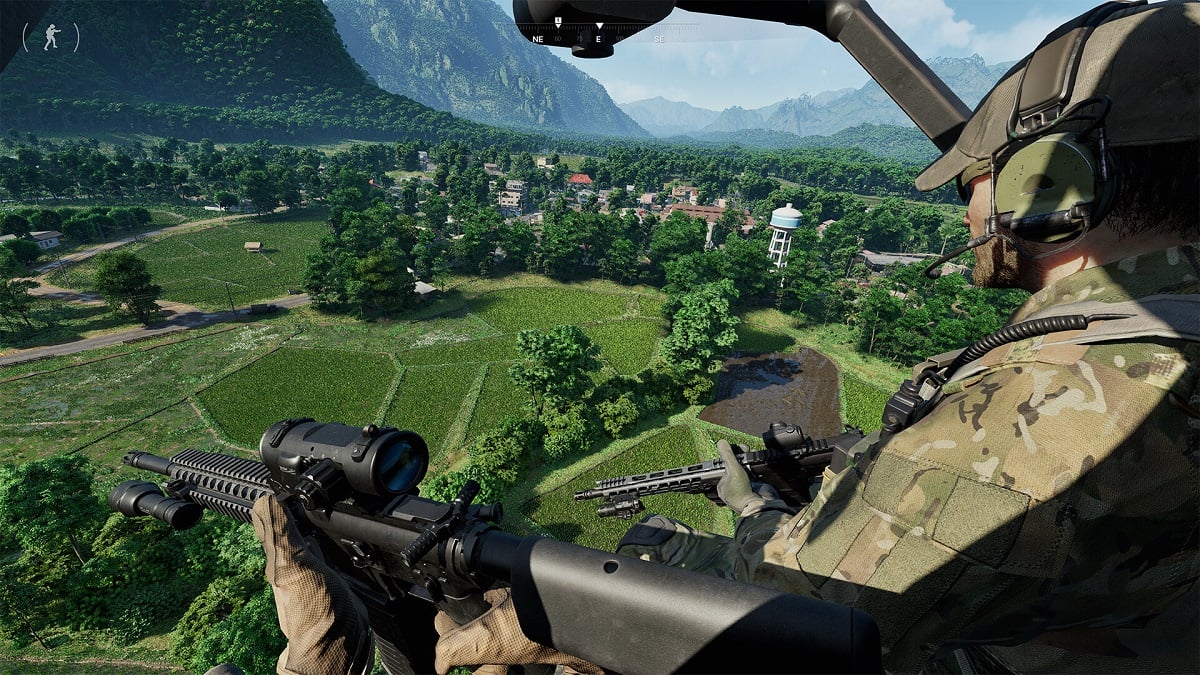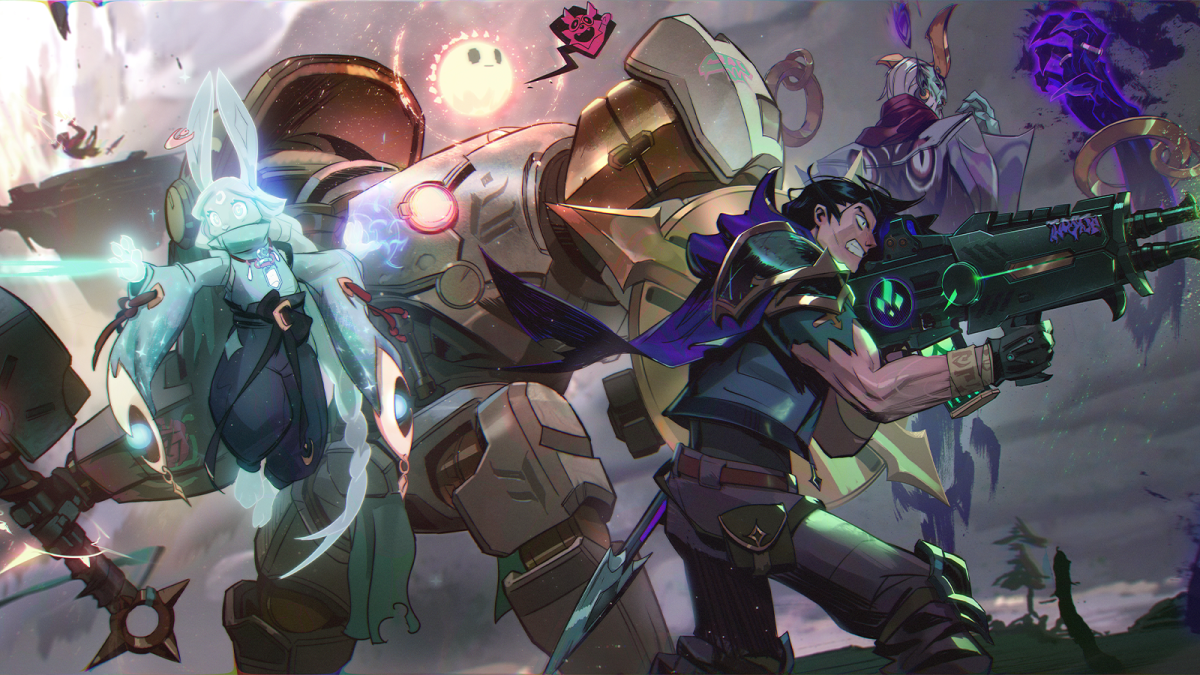The StarCraft 2 scene is in a state of flux.
The end of the Proleague season one month ago also signaled an end to many player’s team contracts, leaving players free to pursue deals with other teams or other ventures.
The World Championship Series (WCS), Blizzard’s overarching yearly competition, implemented a new region lock that limits players from competing outside their local zones. The rule changed was intended to prop up struggling local play in North American and European regions, which are currently dominated by Korean exports seeking to qualify against less skilled foes.
But today it looks like the new rule won’t succeed in its apparent goal. Three Korean players, including Won “PartinG” Lee Sak, will not return to SK Telecom when their contracts are up at the end of this month, according to Dailyesports.
Won, SK Telecom captain Jung “FanTaSy” Myung Hoon, and Jung “Rain” Yoon Jong seek “new experiences” and a chance to play for Western teams. Shin “Hydra” Dong Won is also searching for greener pastures, opting to leave CJ Entus after nearly seven years with the team.
The real questions is what the players hope to gain from moving to a Western StarCraft scene that seems to be on the decline in recent years, in both viewership and available dollars.
In the past, money was the obvious answer. At one time Western Starcraft 2 players received hefty contracts, rumored to reach six figures. Without the rigorous Proleague schedule, Western players can attend more tournaments and amass more prize money.
That formula has worked well for pros like Jang “MC” Min Chul and Choi “Polt” Sung Hoon, two of the top three earning players in StarCraft 2. Jang has earned nearly $500,000 in prize money playing mostly in the Western scene, while Choi breached $300,000 earlier this year.
But prize money isn’t guaranteed against tough competition and the sizable salaries of days gone by no longer exist in the Western scene.
You’d be shocked if you knew what some of the KeSPA salaries are/were. They are the highest in the industry bar none.
— TotalBiscuit (@Totalbiscuit) September 11, 2014
We do, in fact, know how much Won reportedly earned during his time with SK Telecom—around $8,284 which amount to just under $100,000 for a year.
Evil Geniuses enticed Chris “HuK” Loranger, then at his peak as the best Western StarCraft 2 player, to leave Team Liquid in 2011 with a deal rumored to hit six figures. His future teammate Ilyes “Stephano” Satouri received an even larger deal from the team.
But those kind of offers are a thing from the past. A deleted Reddit comment from Loranger himself in the thread discussing TotalBiscuit’s tweet revealed that he makes one seventh of the amount he earned in 2013, so likely in the $1,000-to-$2,000-per-month range.
Players like Won will be taking a huge pay cut to leave Korea and compete in the West. So what do they gain? They get to leave the “zoo.”
“When I played in foreign tournaments in 2012, I played with ‘fighting’ and I miss the passion from the fans,” Won said in an interview on DailyEsports, translated on Team Liquid. “In a way, I was raised in the ‘wild’ so it was hard to adjust to the SK Telecom zoo.”
In 2012, Won competed at numerous foreign events, winning the Major League Gaming Tournament of Champions, the Battle.net World Championship, and the World Cyber Games. He placed second in the Global Starcraft League Blizzard Cup. He had a taste of the “wild,” as he calls it, and wants that same feeling back.
“The reason I’m leaving the team is to enjoy the game,” Won said. “In the past, money was important, but now I’ve come to know that money isn’t everything. I want to go back.”
The other players leaving with Won have less experience at Western events, but their reasoning seems similar. Shin, for example, says he wants to “discover new things.”
Doing so may be tough for the departing Koreans. The new WCS region lock rules restrict them from competing in the N.A. and E.U. version of the WCS. But the players seem confident they can get around those restrictions—Shin plans to “get a visa” to play in one of those regions.
That’s a complicated process, but one that’s become more realistic in recent years. Plus there are options even if a player can’t get a visa in America or Europe. Six Koreans currently compete in Taiwan, considered part of the N.A. region, and more could potentially join.
The process and rewards of joining a Western team may be tougher than the departing Koreans think. They won’t make as much in salary. They may not be able to compete in the WCS. But they seem to value something else more than those factors: the fan support and experience of playing in front of Western crowds.
StarCraft 2 may not be the top esports game anymore. It may be on a slow decline in America and Europe. But it hasn’t lost its passion. At least not yet.
H/T Team Liquid





